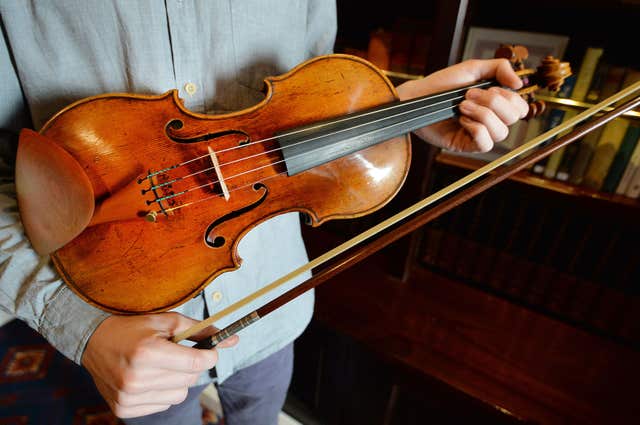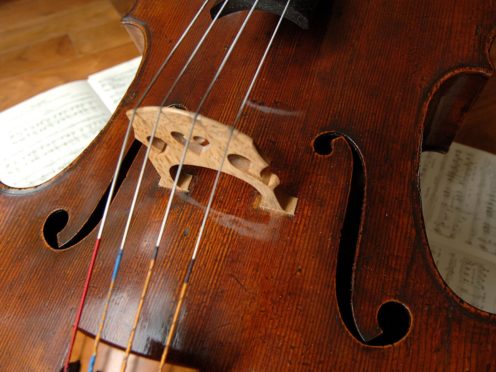Seven leading UK charities have called for better mental health support for musicians working in the classical world.
The Harmony in Mind campaign, launched by the magazine Classical Music, aims to create a unified response to mental illness in the sector.
It calls for industry leaders to support musicians and staff and deal proactively with the underlying causes of poor mental health.
It also calls on employers to sign up to the Time to Change pledge, which was launched by the charities Mind and Rethink Mental Illness to end mental health discrimination in the workplace.
Charities which have signed up to the campaign include the British Association for Performing Arts Medicine, The Royal Society of Musicians and Help Musicians UK.
Editor of Classical Music Lucy Thraves said the stigma around mental health in classical music was “still great, with constant anxiety and stress considered normal”.
Jo Laverty, the Musician’s Union’s Organiser for Orchestras, said the “very nature of an orchestral musician’s job is undeniably stressful.

“The lack of control over the schedule, the inflexibility around time off, working unsociable hours, touring, noise levels, performance anxiety, maintaining artistic standards of excellence at all times, the possibility of injury, the precariousness nature of freelance work, low pay, the list goes on.
“Any individual would have to be pretty mentally robust to deal with all of these factors day in day out and this inevitably must take its toll.”
Joe Hastings, Head of Health and Welfare at Help Musicians UK, added: “We believe that it’s vital that musicians can access support when they need it, whether they are employed by an orchestra or working on a freelance basis.”
Musicians and those working in the industry are three times more likely to have suffered from depression than the general population, according to a 2016 study from Help Musicians UK.
The same study found 71% of respondents experienced anxiety and panic attacks.
The year-long campaign will see Classical Music magazine share best practice, new research, advice and resources for musicians.
